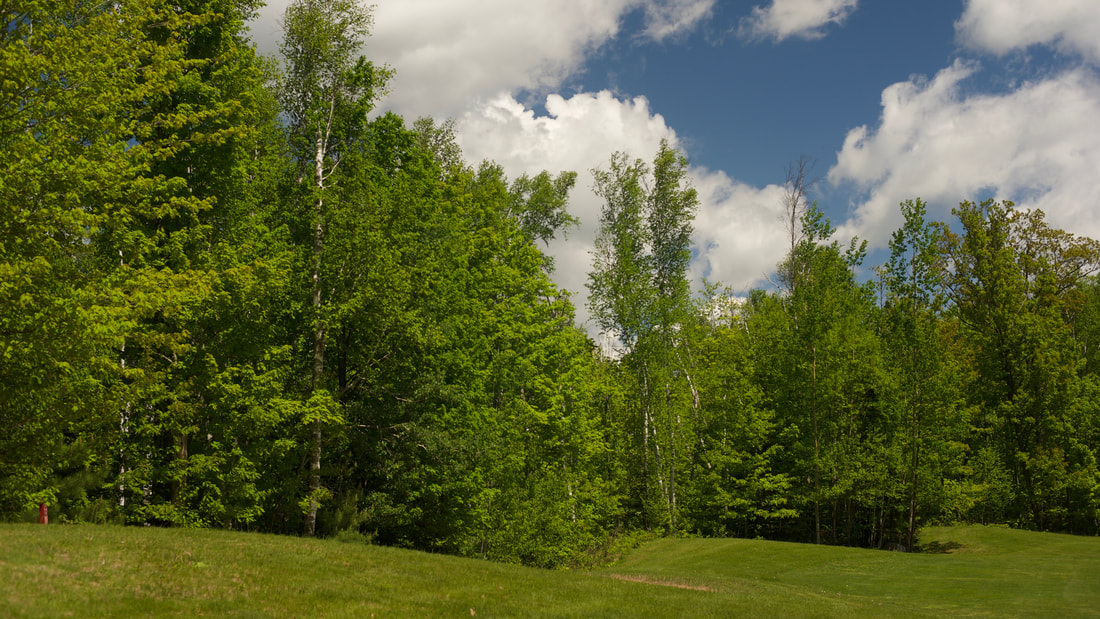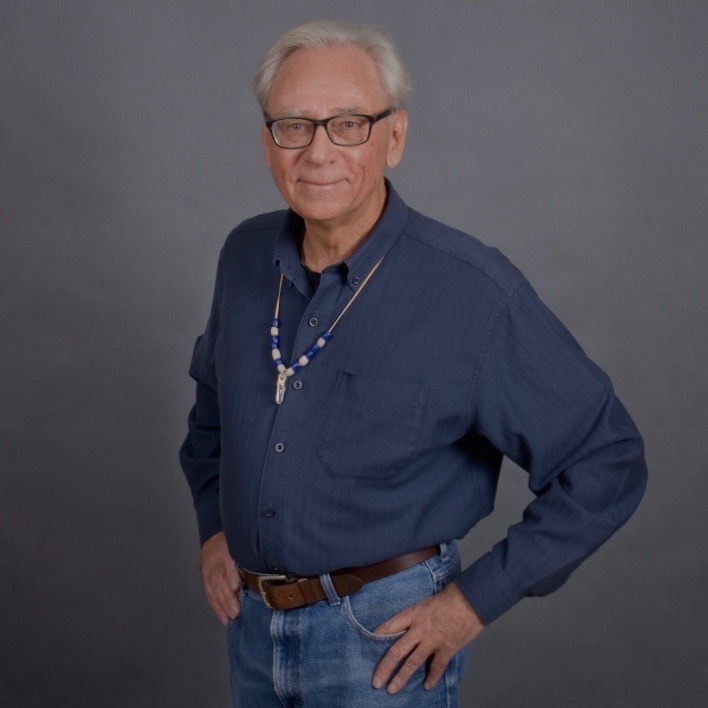|
I’ve always been an average golfer. As a teenager I learned the game with my father’s hand-me-down clubs. Dad decided to get some left-handed sticks, as he called them, so he gifted me his right-handed, Ben Hogan woods and Sammy Snead irons. A southpaw in most areas of his life, he may have thought that right-handed golf clubs were the reason for his poor performance on the links. Dad and I never played golf so I’m unsure if his game improved with left-handed sticks. Learning to play with left-handed clubs must have been a challenge. How would I swing a baseball bat, tennis racket, or golf club to the right on Tuesday and switch to the left on Wednesday?
I assume Dad immediately changed from right to left. He showed me his new set of clubs and gave me his old. I learned French in high school. I didn’t immediately stop speaking English and switch to French. I spoke both languages and relied on English as I learned French. Dad must have gone cold turkey on right-handed clubs and switched immediately to left. He couldn’t use both sets the same way I learned French. I never asked how he made the change. I had challenges with my own sticks. Two inches taller than Dad, my hand-me-down clubs were too short for me. I had to hunch over the ball. This posture seemed okay because if Dad could learn to swing left without a transition from right, I reasoned that I could accommodate my own variation of difficulty. We both had difficulties to overcome. I didn’t spend much time on the golf course due to inadequate equipment and low motivation to improve my game. As a business executive, I spent most of my golf career playing charity golf with clients where individual performance wasn’t important. In charity golf, also known as best ball, a foursome tees off. Then the group checks the lie of each of the four shots relative to the green, and chooses one ball to play. Players alternate shots with the best ball until the ball drops into the cup on the green. As a result of best ball, and my ball usually wasn’t best, my game didn’t improve over the years. For the same reasons, I learned about divots. Divots are small chunks of turf that a golfer slices from the fairway when they cut the club too deeply under the ball often sending the turf further down the fairway than the ball – quite an embarrassment. Divots may occur anywhere in the game but typically happen closer to the green. Near the green a golfer selects a club, usually an iron, more like a shovel than a fairway wood, to get under the ball and lift the ball to drop close to the pin without a roll away from the cup. Loft of the ball to stay on the green is the objectives. As a result of my short clubs, and amateur ability, I created many divots and became friends with the importance of divot repair. I learned how to interrupt my game, walk forward to the divot, pick up the limp fragment of soggy sod, walk back to the wound in the fairway I had created, and replace the displaced turf by tamping it down with my foot. I also understood that replacement of divots must be done as quickly as possible because turf will dry out. Lack of moisture hampers a divot’s healing. And, when possible, the divot should receive follow-up attention by grounds crew to water and give nutrients to guarantee success of the regrown grass. Replacement of divots is important because restoration of the fairway to the pristine condition prior to the divot benefits other golfers by keeping the fairway surface smooth and thereby improve the game for all. Although it’s a simple act of courtesy, I notice that many golfers don’t replace divots. Why? To replace a divot takes time. When golfers are close to the pin, called the short game, they focus on finishing the hole. Replacement of divots may be thought of as a diversion from the game. Replacement of divots also takes time and effort. A divot-making golfer must move backward and the game is about forward motion. Handling possible wet and muddy turf may be messy. The foursome behind yours could be annoyed when forward motion is delayed. And, the golfer may believe that no one noticed so why draw attention to his mistake? Divot replacement provided wonderful education for me on the importance of repair of social or business mistakes. As a former company executive, I liked to ask associates, who were often avid golfers, “Where else don’t you replace divots in your career?” Associates pondered how often they had failed to take time to heal a social or business wound. Repair of social or business transgressions is critically important to me. I start with the assumption that someone noticed my social divot. There aren’t trees in the office, unlike the fairway to hide my mistake. Also different from the links, business people are paid to pay attention. Careers will benefit from critical observation. And, most importantly for me, repair of social relationships is the right thing to do because timely repair of my mistakes allows me to move forward as a player in the business game without holding defensive energy. Others, who play beside me in a business relationship, will benefit from my attention to rough surfaces in their path. So, when I realized that I interrupted Mary while she was speaking at a staff meeting, I knew that repair of my transgression would take timely action. Rather than thinking, oh, I have a meeting with Mary next week, I’ll bring it up then or I’ll send her an email, action in the moment would benefit her and me. When I stop present activity (my short game) and walk backward in time to Mary’s office, I will attend to her hurt feelings. If I’m fortunate and she is able to see me, and I’m able to replace my divot, I will heal Mary’s wound with my watering of apology and attention. Yes, my repair may be messy and I may feel uncomfortable, but when I recognize how short-term actions may improve my relationship with her, I will practice desirable leadership behavior for myself and her, and act as a model for others. If this post is meaningful, please like or tweet below or leave a comment. Thank you for your interest and possible action you may take. Richard Wilberg, MS, PLCC, ACC Creativity Coach for Personal Fulfillment and Career Success
6 Comments
jerrell angell
7/12/2021 09:08:03 am
Richard:
Reply
Richard Wilberg
7/12/2021 11:12:04 am
Jerry,
Reply
Byrne
7/12/2021 09:14:30 am
Thank you for writing this Richard. I vividly remember times when I swung hard and created large divots. Sadly, I also remember not always repairing them quickly. When I walk today, I still see some of the scars from those divots. I wish I could water and fertilize to repair them. Maybe some of those scars are permanent........
Reply
Richard Wilberg
7/12/2021 11:16:23 am
Byrne,
Reply
Orly
7/14/2021 04:30:53 pm
The message is poignant and clear and told through a wonderful analogy to golf. Getting in the habit of making clear and deliberate effort to correct mistakes is a different habit than playing to win fast, and it feels like that's a lot better in the long run. I appreciate this post and it makes me feel like being more cognizant of correcting things right away.
Reply
Richard Wilberg
7/15/2021 09:12:45 am
Orly,
Reply
Your comment will be posted after it is approved.
Leave a Reply. |
About the AuthorI write personal essays, creative non-fiction, flash fiction, and self-development articles from my home in Madison, Wisconsin.
Archives
May 2023
Categories
All
|



 RSS Feed
RSS Feed